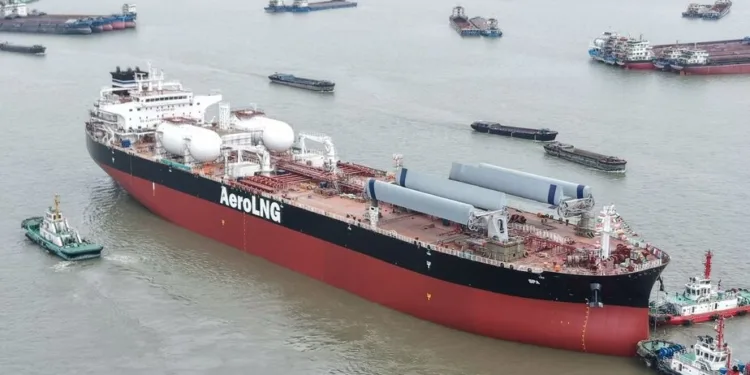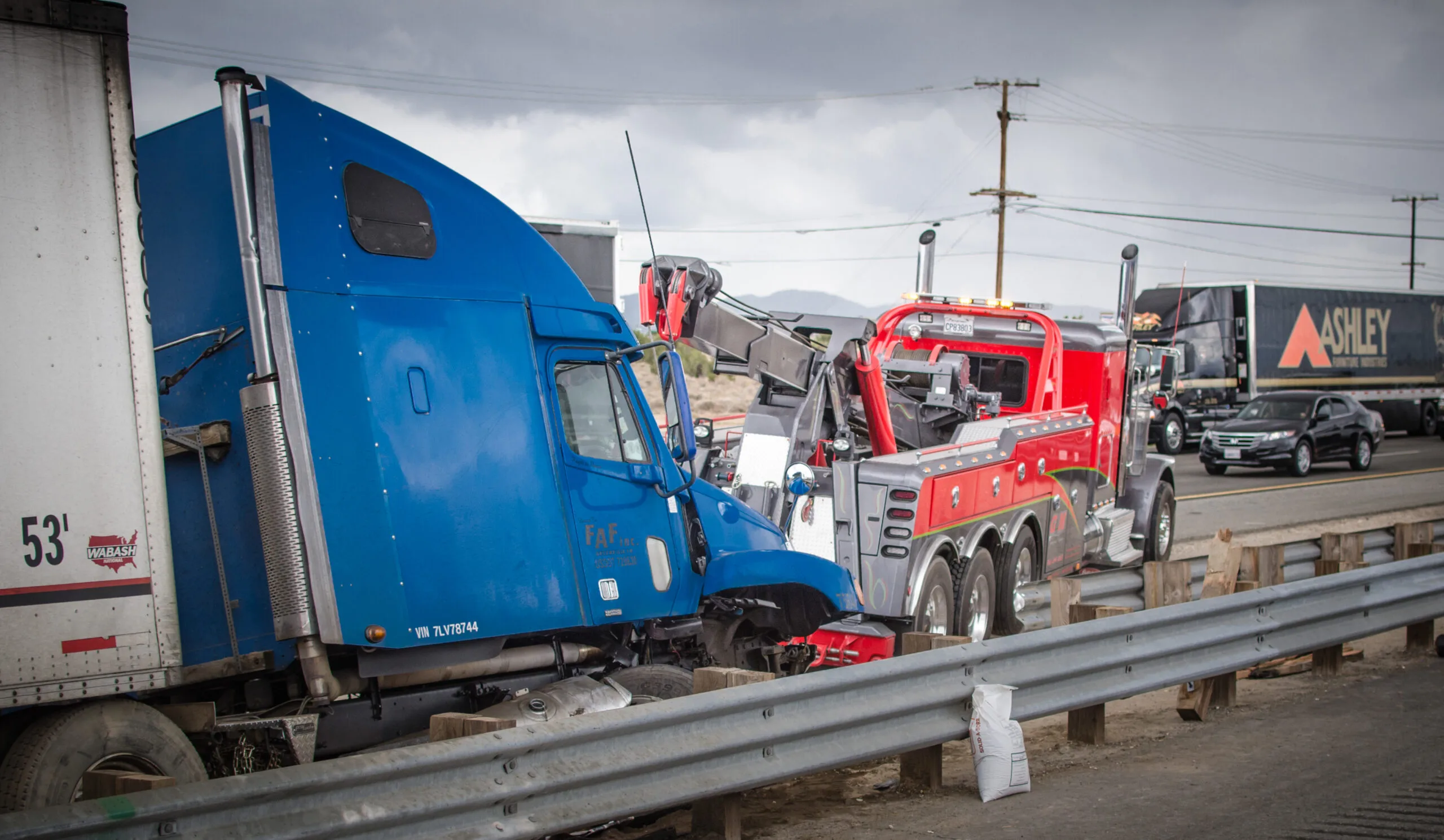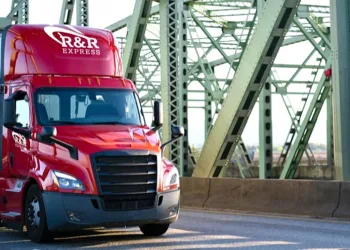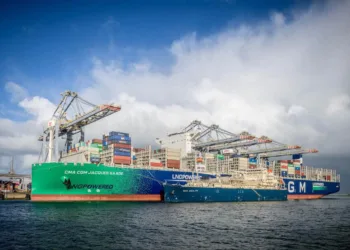Andrew Craig-Bennett makes his return to Splash after a nearly six-month hiatus.
We all know that the International Maritime Organization (IMO), like most human institutions, is not made up entirely of angels, and those of us who have attended a session know that it is not difficult for a few chats in the corridors to deflect its ideas towards ‘more moderate’ measures.
We all expect something of the sort to happen shortly, with the greenhouse gas (GHG) emissions draft agreements.
The sad truth is that it was easy to get agreement on GHG as long as nobody was actually paying for it. It was easy to come up with possible ‘greener’ fuels as long as we didn’t have to consider either how much the ‘green’ versions of each would cost, or how impossible it would be to trace fuels made up of such tiny molecules as CH4, H2, NH4 or CH2OH, or how horribly dangerous each of these is, compared to dirty, polluting, but fairly safe and perfectly traceable (with gas chromatography and mass spectroscopy) residual fuel oil, meaning that every shipowner in the world worked out, a few years ago, that anyone can buy grey methane, hydrogen, ammonia or methanol at a fraction of the price and substitute it.
We have seen a handful of efforts at greenwashing, in the form of token green-fuelled ships and token sail-assisted ships. Talk is cheap and gestures are not always very expensive.
Since training is this age’s answer to everything from driving a car too fast to yelling racial abuse, and, like greenwashing, it is quite cheap, nobody is surprised to see that the answer to these green fuelled ships are going to be horribly dangerous is just train the crews. Preferably with a computer-based training (CBT) package that the seafarer can watch in his cabin in between films. There are things that CBTs are very good at, but there are other things, like getting up close to loud, dangerous machinery, that CBTs are less good at. I don’t know of any nation anywhere that allows its citizens to take charge of that relatively safe thing, a private car, after a CBT-based test following CBT-based instruction. Are we really, really, expecting seafarers to take charge of really dangerous ships, each capable of at least a Grandcamp or a Texas City Disaster, on the basis of CBTs?
Gentlemen, please be serious.
I am old enough to credit the handful of ladies in senior positions in our business with being serious because they have to be, to get to senior positions, but I am enough of a dinosaur not to be an enthusiast for mixing junior officers and ratings of both sexes. Experience tells us that what you expect to happen happens as soon as people get bored.
The cost of saving the planet is about to become real and highly disagreeable, which means that people are going to squirm and try to avoid it. Unfortunately for our species, and the other species unlucky enough to have us as neighbours, avoidance is going to be all too possible, because public opinion has shifted from ‘save the planet’ to ‘sod the planet – I’m not going to be here when it gets really bad’.
There will be people who are devoting themselves to kites, or to the Flettner rotor, a century-old technology, or green ammonia, who will feel that I am being unfair. Well, too bad. The IMO – or, to be fair, the member states of the IMO – are going to look over the cliff – and bottle it.
Which means that the issue will recur in a more urgent form when the planet has got a bit hotter. The serious answers for now are bigger ships and slower ships, and in the fullness of time, nuclear ships.




















